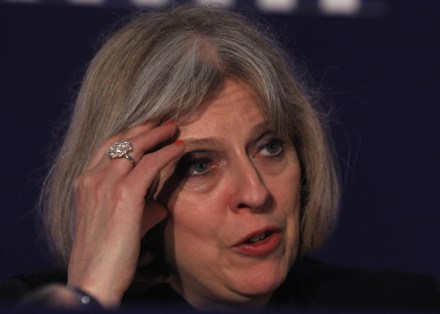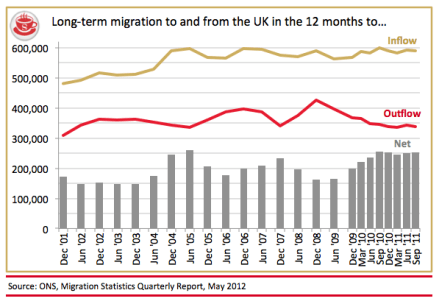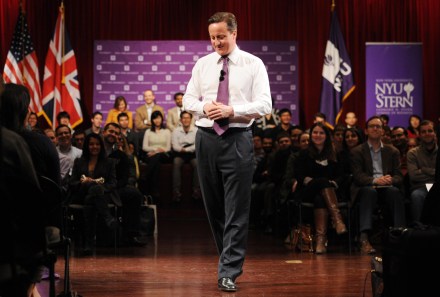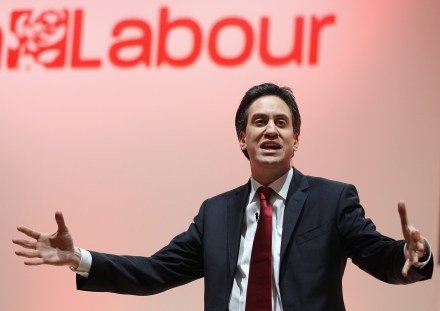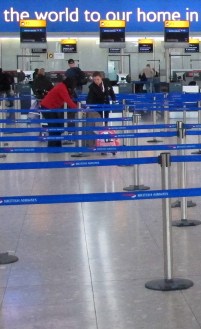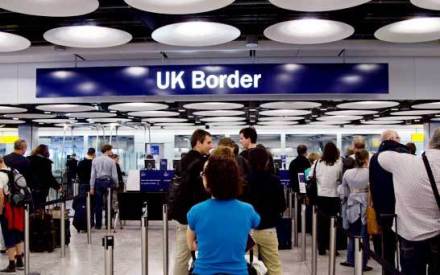A U-turn on international students would be welcome
If you have been confused over the last couple of days by the mixed messages emerging from Downing Street about the government’s policy on international students, you are not alone: the same applies to many figures inside Whitehall. The Sunday Times reported a Number 10 source saying David Cameron is ‘definitely considering a change in policy’, ‘fearing the UK could lose billions if students are caught up in the pledge to reduce net migration to below 100,000 by 2015’. The Mail followed up the story in its leader on Monday, endorsing it but suggesting it would be a mistake – and blaming it on the Lib Dems. But since then








